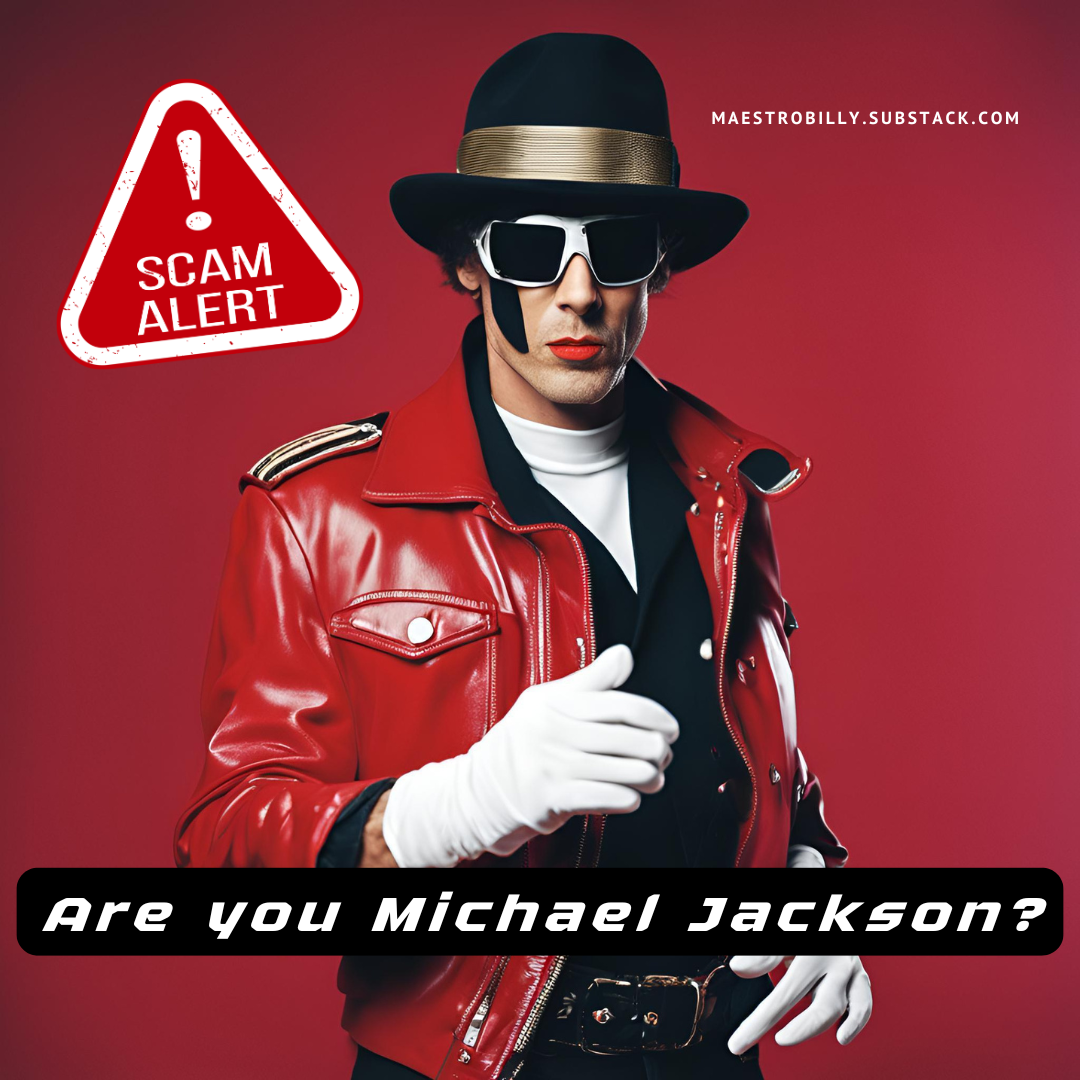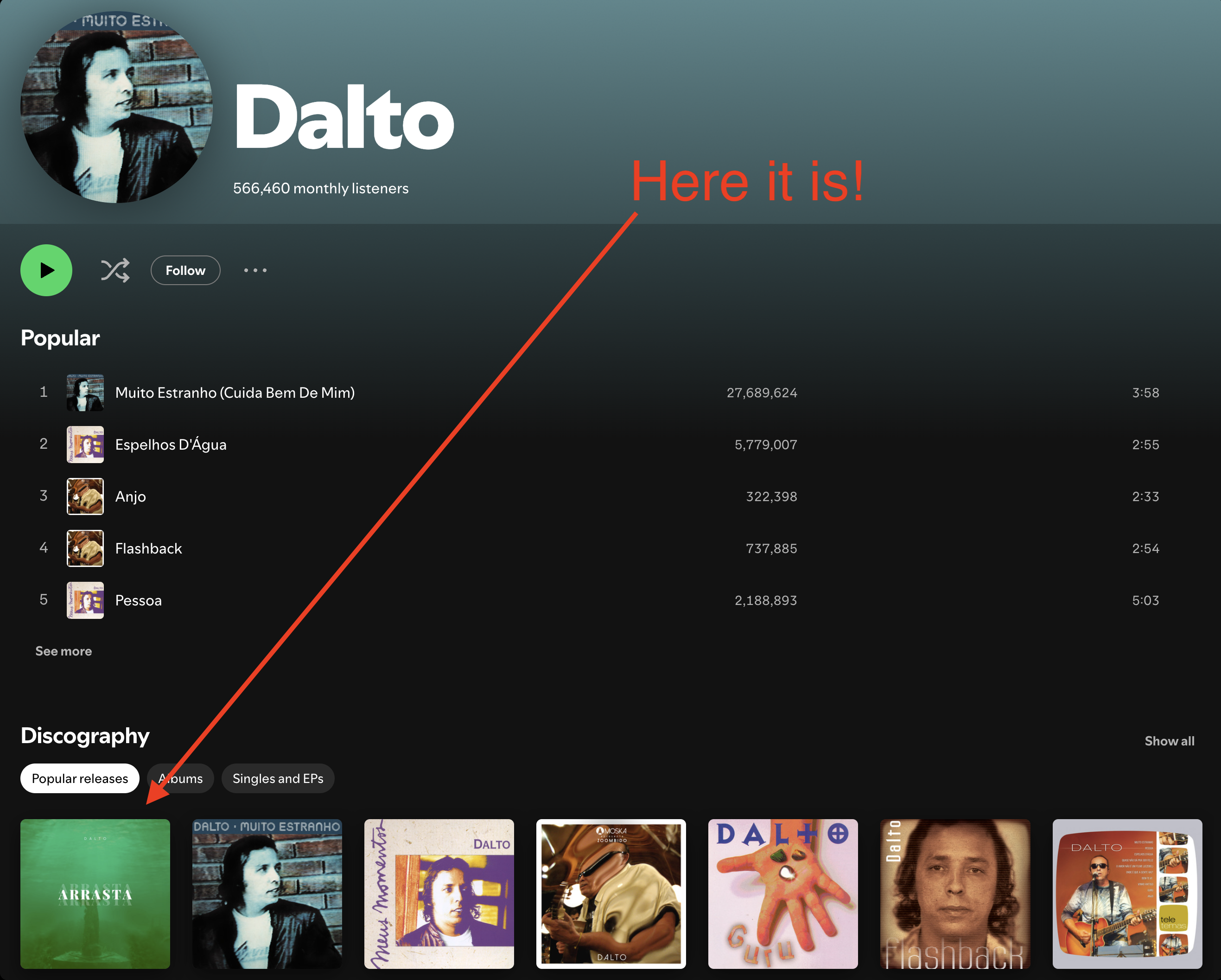Think twice before impersonating artists on streaming platforms. Pretending to be an artist to release music might seem tempting, but the legal consequences can be severe!

The recent case of mysterious instrumental tracks appearing on established Brazilian MPB artists‘ (in Portuguese, but there’s always Google Translate for it) Spotify profiles highlights a growing concern in the music industry: digital identity theft and streaming fraud.
This practice, where unknown individuals release music under the names of legitimate artists, represents not just an ethical breach but a serious legal violation.
The scam is relatively simple: fraudsters upload songs to streaming platforms using the names of established famous artists, often targeting those who are deceased or less active in monitoring their digital presence. While the immediate goal might be to collect streaming royalties, this practice violates multiple laws.
Interestingly, these fraudulent releases often don’t even attempt to use AI or mimic the original artist’s style or voice.
Instead, scammers upload completely unrelated content – such as instrumental jazz tracks under the name of a samba singer, or guitar solos attributed to vocal artists. The strategy relies on appearing in the “Latest Releases” section of popular artists’ profiles, hoping to accumulate streams from unsuspecting fans who click on what they believe to be legitimate new music. This generates streaming royalties that are then collected by the perpetrators rather than the actual artists or their estates.

Legal Implications
From a legal standpoint, this type of fraud can result in several criminal charges:
Identity theft and impersonation
Copyright infringement
Fraud and financial crimes
Violation of publicity rights
The consequences can be severe, including hefty fines and potential jail time. Moreover, streaming platforms and collection societies can pursue civil litigation to recover fraudulently obtained royalties.
Impact on the Industry
This type of fraud doesn’t just affect the impersonated artists and their estates. It undermines the integrity of music streaming platforms, confuses listeners, and diverts royalties from legitimate creators. It also forces streaming services to implement increasingly strict verification processes, which can make it more challenging for genuine independent artists to distribute their music.
A significant part of this problem lies with music distribution services like OneRPM, Ditto Music, and DistroKid. These platforms, which act as intermediaries between artists and streaming services, often lack robust verification systems to authenticate the identity of uploaders. While these distributors have made music distribution more accessible to independent artists, their automated processes and minimal verification requirements create opportunities for fraudsters.
The current system often relies on basic email verification and payment information, making it relatively easy for bad actors to upload content under any artist name. Despite these platforms having terms of service that prohibit impersonation, their preventive measures are frequently insufficient to stop determined fraudsters before the content reaches streaming services.
When fraudulent content is reported, distributors typically remove it, but this reactive approach means that suspicious tracks can remain online for weeks or months before being detected. This gap in verification creates a continuous cycle of fraudulent uploads and takedowns, highlighting the need for more robust initial verification processes at the distributor level.
For consumers, the best defense is vigilance.
If you notice suspicious releases from your favorite artists, especially those who are deceased or inactive, report them to the streaming platform immediately. The music industry’s future depends on maintaining trust in digital distribution systems and protecting artists’ legacies from fraudulent exploitation.
Best wishes,
Billy

Leave a Reply